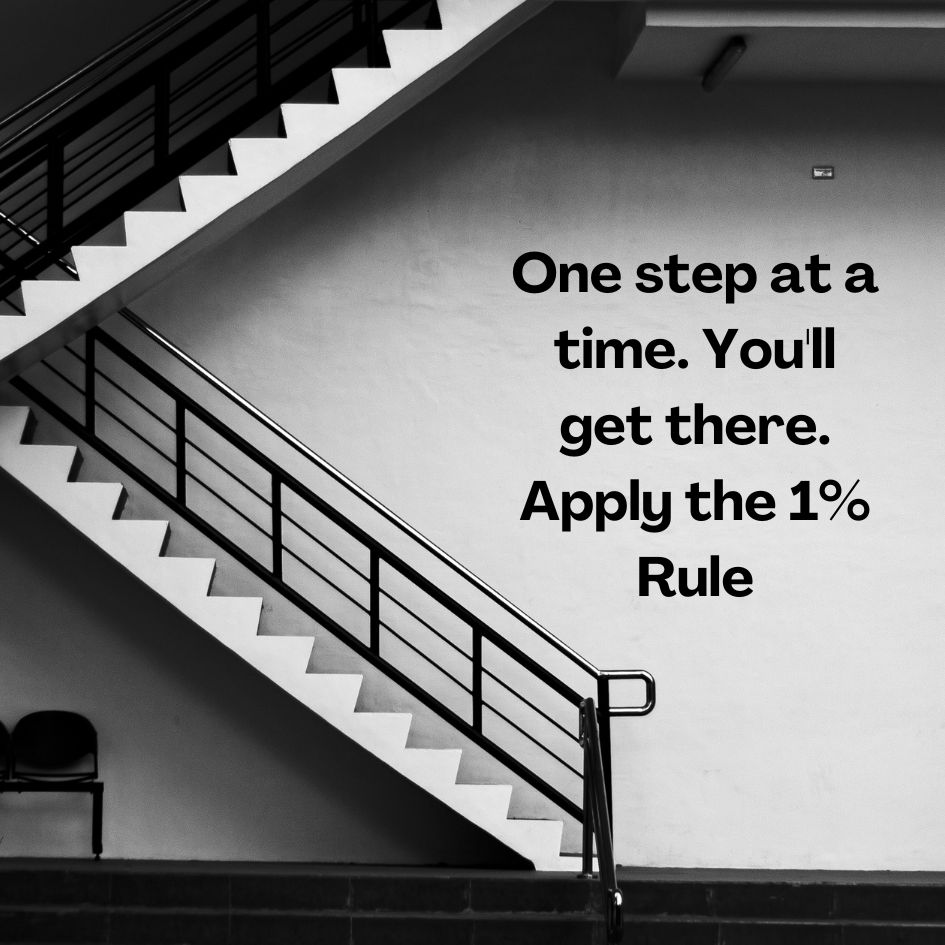We live in a society of overachievers, where we strive to be better than others. We measure our successes and failures by how much we accomplish in a given day or week.
Unfortunately, the focus on results causes us to lose focus on the quality of our actions. In other words, we are too concerned with what we will get done rather than how we will do it. It leads to perfectionism, which is rooted in fear.
When we set extremely high standards for ourselves, it allows us to beat ourselves up when we don’t fulfill them; this, in turn, leads to an insatiable drive for success. We become obsessed with outcomes and ignore the road to success.
Our fear is so high that we constantly ask ourselves, “Will I be successful?” and “What will happen if I fail?” Therefore, we limit our potential and limit our results.
So, how can you become successful without necessarily being perfect? Try these:
There is no silver bullet. Say your goal is to lose weight and get fit. You won’t find the perfect diet, the ideal exercise regimen, the ideal exercise plan, and the perfect supplements.
- Instead, be willing to put in the hard work. At times, you’ll fail, become uncomfortable, and tire out.
- Once you’re aware of the realities, it becomes easier to accept. Instead of judging yourself harshly for failures, you’ll view them as part of the process, just as parts of learning to ride a bike.
Don’t expect external validation. When you focus on what others think about you, you rely on external validation to guide you. Unfortunately, this often leads to disappointment and unhappiness.
- Instead of depending on the approval of others, focus on being true to who you are. Look inward. When you do this, success becomes much more accessible.
Use your perfectionism to your advantage. You can’t be perfect at everything. Striving for perfection can become a self-fulfilling prophecy. When you set unrealistic goals for yourself, you do less to achieve them than if you chose more realistic, attainable goals.
- That is because perfectionism means you set impossible standards and feel discouraged when you don’t meet them. Instead, focus on perfecting one thing at a time.
- For example, practice a skill until it becomes second nature, and you’ll be less frustrated when you make a mistake. Or put effort into a project that will eventually pay off. This change will give you a better sense of achievement.
Stop thinking short-term. Self-discipline is controlling your impulses and focusing on long-term results. It’s the ability to stick to your goals, even when you don’t feel like it or things aren’t going your way. It’s the ability to say “no” to something you don’t want to do, even when everyone else says “yes.”
- Researchers have found that self-discipline is a critical factor for success in all areas of life, from academics to careers to relationships. So before you get started on any task, ask yourself: Will this help me reach my future goals? Will it help me learn, grow, and change?
- If the answer to these questions is “yes,” then go for it. If the answer is “no” or “maybe,” then don’t. Self-discipline should align with your goals, not become an obstacle to them.
- You can’t expect to be successful immediately. Great success takes time.
Slay your excuses. Self-discipline is the foundation of personal growth, and mastering it is the key to achieving your goals in life. However, self-discipline isn’t easy. Many things in life can tempt you to get off track.
- To stay on track, you have to learn how to master your mind and emotions. The way to do this is by paying attention to your self-talk.
- For example, if you tell yourself you’re too tired, too stressed, or can’t find the time to exercise, you’re setting yourself up for failure.
- Instead, tell yourself that you can succeed and that you’ll make time for what’s important to you.
Discipline is crucial for success both personally and professionally. It would be best to learn when to say “no” to distractions and temptations because these types of behavior keep you from achieving your goals.
When you master your self-discipline, you will develop self-resilience and achieve your goals even at your highest stress levels.


